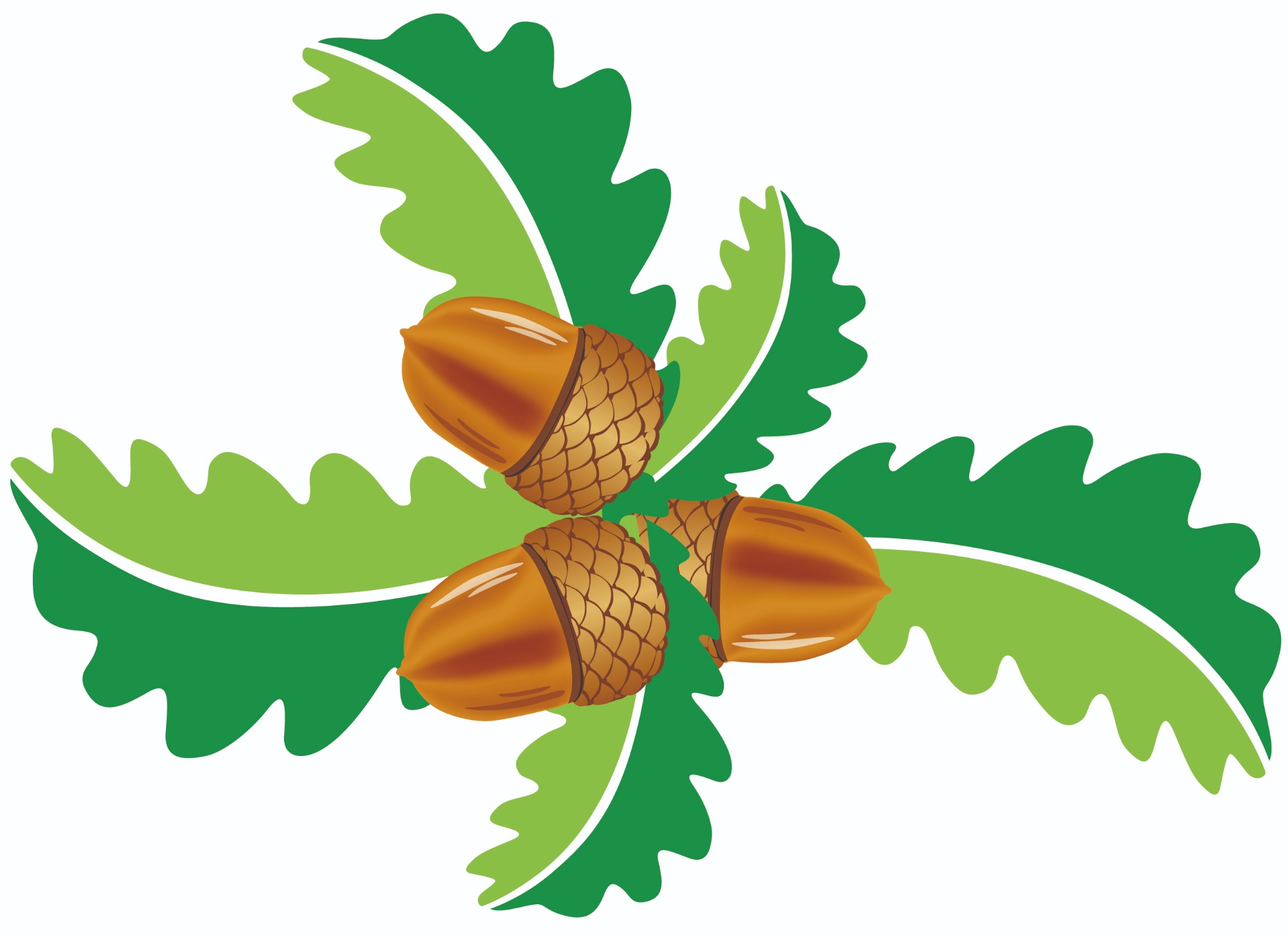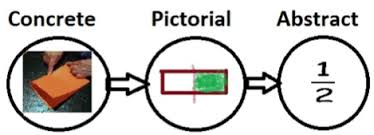Maths
The National Curriculum for mathematics aims to ensure that all pupils:
- become fluent in the fundamentals of mathematics, including through varied and frequent practice with increasingly complex problems over time, so that pupils develop conceptual understanding and the ability to recall and apply knowledge rapidly and accurately;
- reason mathematically by following a line of enquiry, conjecturing relationships and generalisations, and developing an argument, justification or proof using mathematical language;
- can solve problems by applying their mathematics to a variety of routine and non-routine problems with increasing sophistication, including breaking down problems into a series of simpler steps and persevering in seeking solutions.
Curriculum Intent for Numeracy
We believe that children will receive a creative and inclusive curriculum, which inspires a love of learning and challenges all pupils to achieve their best.
Our mathematics curriculum will give students the opportunity to:
- Aspire to achieve by becoming fluent in the fundamentals of mathematics, through varied and frequent practice with increasingly complex problems over time, so that pupils develop a deep conceptual understanding and the ability to recall and apply knowledge rapidly and accurately. This is called Mastery.
- Collaborate by reasoning mathematically by following a line of enquiry, conjecturing relationships and generalisations, and developing an argument, justification or proof using mathematical language.
- Communicate, justify, argue and prove using mathematical vocabulary.
- Challenge themselves when solving problems by applying their mathematics to a variety of routine and non-routine problems with increasing sophistication, including breaking down problems into a series of simpler steps and persevering in seeking solutions.
- Care and Respect for themselves and others by developing their character, including resilience, confidence and independence, so that they contribute positively to the life of the school, their local community and the wider environment.
So What is Maths Mastery and what does it look like?
Maths Mastery is the belief that everyone can achieve a deep conceptual understanding of maths.
Here at Oakdale maths is taught using the CPA (concrete, pictorial, abstract) approach to lessons. This involves 3 stages of learning which are fluent.
We allow all children to progress through each stage which is not capped or restricted to one particular group or set. Many children are taught in mixed ability groups and are given support or challenge to assist in their development. Children all study the same mathematical concept as set out in the National Curriculum for each Year Group, but how they learn it varies, depending on their understanding.
Firstly, all concepts are introduced with concrete resources for children to feel and manipulate. As their conceptual understanding develops, they move towards the pictorial and abstract stages. Sometimes children will revisit a particular stage of their learning in order to secure their understanding before moving across to another stage. There is no higher or lower group, just a process which develops and aids understanding and mastery of maths. Some children might need a little bit of help to keep up, and they are offered some intervention before the next lesson to enable them to succeed.
Children are first introduced to an idea or a skill by acting it out with real objects. In division, for example, this might be done by separating apples into groups of red ones and green ones or by sharing 12 biscuits amongst 6 children. This is a 'hands on' component using real objects. Then once children sufficiently understand the hands-on experiences performed, they can relate them to representations, such as a diagram or picture of the problem. In the case of a division exercise this could be the action of circling objects. Finally, children learn the abstract or symbolic representation, solving problems by using mathematical notation, for example: 12 ÷ 2 = 6. Here is an example of how we might differentiate the teaching of fractions in Year 5.
The same approach is used across school, so that when children are faced with more difficult abstract problems in upper Key Stage Two, they are still able to solve them by manipulating equipment or by using jottings or drawings to assist them. This then ensures that children are reasoning for themselves and understanding the maths behind the written method.
We love maths at Oakdale. Here’s what some of us think:
“Maths is really fun. I like working outside doing challenges”. Year 1
“ I like singing songs and playing games to learn my times tables.” Year 4
“ I enjoy working with a partner to explain things. It feels good when I’m helping someone else and it helps me understand too.” Year 5
Miss C Smith ( Numeracy Subject Coordinator)



